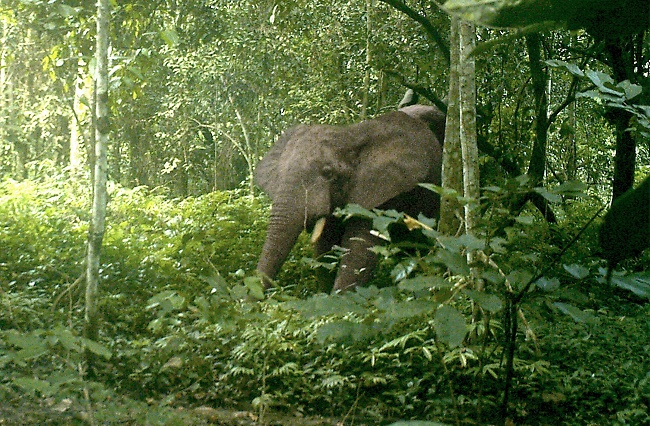The National Park Service (NPS) has unveiled Nigeria’s first National Elephant Action Plan for 10 years (2024 to 2034) in collaboration with Elephant Protection Initiative (EPI).

Dr Ibrahim Goni, Conservator-General, NPS, who disclosed this in a statement on Monday, December 23, in Abuja,
He said that the service unveiled the plan in collaboration with Elephant Protection Initiative.
Goni said that the service equally inaugurated several conservation initiatives adding that 25 African Grey Parrots were rescued from wildlife traders and released back into the wild in Cross River.
He said that the initiatives had resulted in 621 arrests, with 466 prosecutions and 94 warnings issued.
The conservator-general said the significant increase in arrests and prosecutions demonstrated the service’s dedication and renewed effort to combat wildlife crime.
He expressed satisfaction over partnerships with governmental, non-profit and international organisations which had enhanced anti-poaching efforts.
Goni said that 161 hectares of degraded lands were replanted and maintained across the National Parks under the Green Bond initiative.
He said that the service, in 2024, expanded its reach with the takeover of three Forest Reserves as National Parks.
“The new National Parks are Hadejia Wetlands, Oba-Hills and Marhai National Parks in Jigawa, Osun and Nasarawa states respectively.’’
The conservator-general said the achievements of the service in 2024 had demonstrated its commitment to conservation, protection and community engagement.
He said the service had enhanced its anti-poaching efforts through the deployment of high-tech equipment such as drones, SMARTS, Power-chute and GSM technology.
Goni said a number of the partnerships had facilitated donations from organisations such as the Nigerian Conservation Foundation and United Nations Office on Drug Crime (UNODC).
“We also have donations also from Sustainability and Conservation Education for Rural Areas (SCERA) and ACReSAL, supporting the service with essential equipment, training and funding.’’
The conservator-general said that the service prioritised training and capacity building, with 100 park rangers receiving tactical operations and counter-terrorism training in collaboration with the Nigeria Army.
“Furthermore, 30 forest guards from the Federal Capital Territory Forestry Department were trained in forest resources conservation and protection by the service.’’
He said that, despite the achievements, the service also faced some security challenges occasioned by banditry and terrorism.
Goni said that some other challenges confronting the service were inadequate anti-poaching, patrol equipment such as vehicles, inadequate arms and ammunition, the vulnerability of protected areas around the National Parks, among others.
He commended the support the service enjoyed from the media and expressed hope that such robust relationship would be strengthened and sustained subsequently.
By Abigael Joshua
